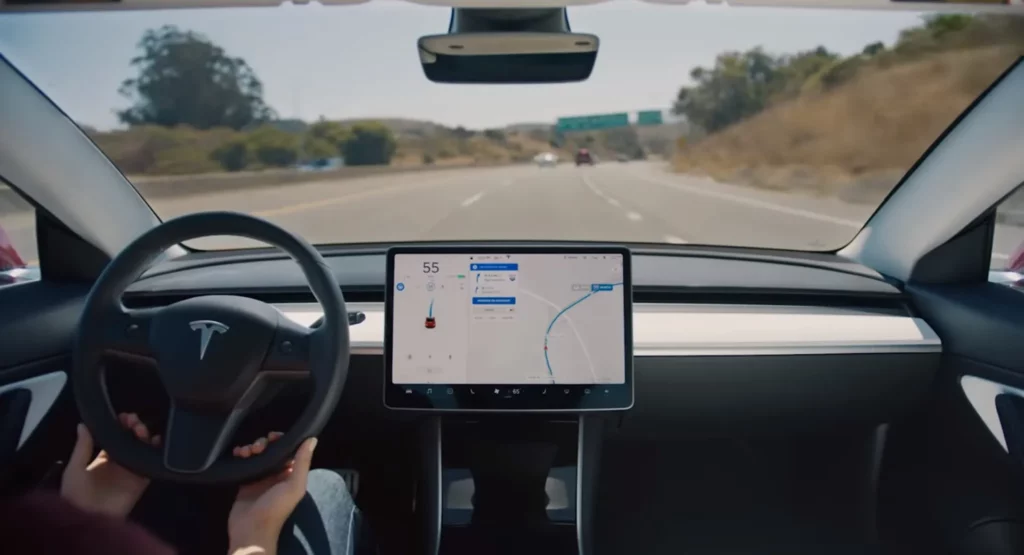The mammoth Tesla recall announced earlier this week affecting over 2 million EVs in the U.S. has left Model 3, Y, S and X drivers in other parts of the world wondering what the decision might mean for their cars. But it seems they can sleep-drive easy. The U.S. action won’t affect cars sold across the Atlantic, European authorities say.
On Wednesday the automaker announced that it would be issuing over-air updates to prevent drivers misusing Tesla’s Autopilot feature following a lengthy investigation by the NHTSA into Autopilot-related crashes. The agency was prompted to dig out its Poirot mustache and magnifying glass after receiving dozens of reports of Tesla crashes, some of them fatal.
Related: Tesla Recalling 2 Million Cars In U.S. To Make Autopilot ‘Safer’

The NHTSA ruled that Autopilot’s Autosteer feature on North American cars didn’t have sufficient measures in place to keep the driver engaged in the act of driving, meaning it could be abused by drivers trying to treat it like an autonomous system that offered more self-driving ability than it really had. Software updates being rolled out to U.S. cars will increase safeguards through measures like adding stronger audio visual warnings.
But the Netherlands-based RDW, the authority in charge of granting Teslas type approval in Europe, says the NHTSA’s concerns and Tesla’s subsequent recall won’t affect European EVs because their Autopilot systems work differently. Though both are classed as Level 2 driver-assist technologies according to the SAE’s six autonomous categories (Levels 0-5), there are differences between the two continents in terms of what features are allowed, Reuters reports. A RDW spokesman told the news agency that driver monitoring and warning systems weren’t the same on cars in Europe as those in the U.S.
A basic Autopilot system that allows an EV to accelerate, brake and steer in its lane is standard on every Tesla, while Enhanced Autopilot adds lane-changing assistance. But both systems require the driver to pay attention to the road even when they’re activated.




